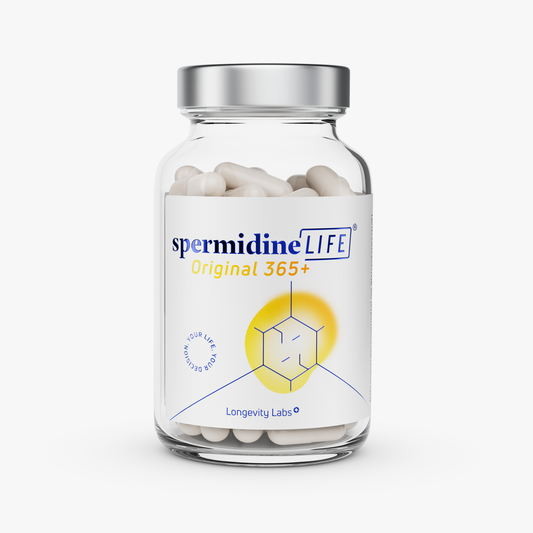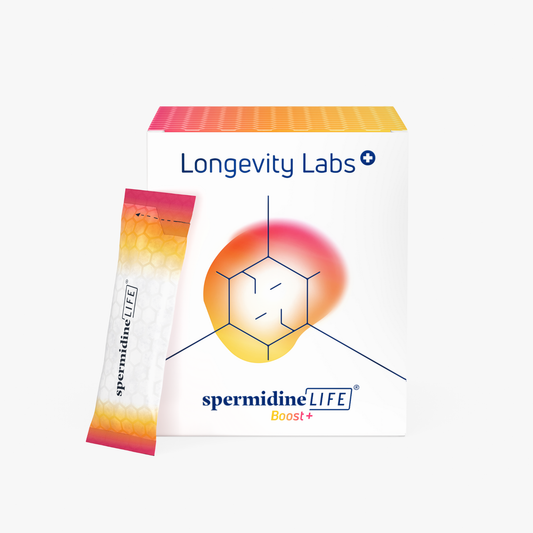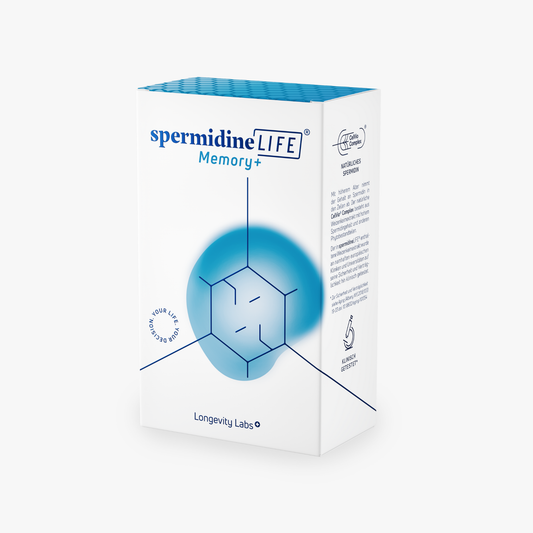
What is NAD?
Fitness,Nutrition, TLL LongevityLabsNAD+, also known as nicotinamide adenine dinucleotide, is an important chemical compound in our body that plays a crucial role in many biological processes. It is the final form of vitamin B3 (niacin) and is found in all living cells of humans, animals, plants and microorganisms. NAD+ plays an important role in energy metabolism, cell aging and various biochemical reactions in the body.
In addition, NAD+ is an important component of the so-called NAD+/NADH system. This system is involved in many metabolic pathways and plays a role in the conversion of nutrients into energy. NADH is the reduced form of NAD+ and carries electrons and hydrogen in biochemical reactions. In the process of obtaining energy from food, NADH is converted to NAD+, creating a proton gradient that leads to the production of ATP (adenosine triphosphate), the main cellular energy source.
In recent years, NAD+ has become the focus of interest because of its potential role in human aging. Some research suggests that NAD+ decreases with age. This has led to an increased interest in NAD+ as a potential target for anti-aging interventions. It is believed that NAD+ precursors such as nicotinamide (NAM) and niacin can be used to increase NAD+ levels in the body.
Important functions of NAD+
Energy metabolism: NAD+ is essential for the conversion of food into energy. It acts as a cofactor in biochemical reactions that release energy from nutrients such as carbohydrates, fats and proteins. This process takes place in the mitochondria, the "power plants" of the cells.
DNA repair and cell protection: NAD+ is involved in repairing and protecting our DNA. It helps repair DNA damage and prevents cells from mutating and multiplying uncontrollably.
Sirtuin activation: Sirtuins are a group of proteins often referred to as "longevity genes". NAD+ activates sirtuins, which may play a role in regulating metabolism, cell aging and longevity.
Regulation of metabolic processes: NAD+ is involved in a variety of metabolic processes, including detoxification, inflammatory reactions, and regulation of the cell cycle.
Redox reactions: NAD+ is used in redox reactions in which electrons are transferred from one compound to another. These reactions are important for many biochemical processes in the body.
NAD+ Decrease
NAD+ levels decrease with age. However, lifestyle has a great influence on the rate of decline. People who eat a healthy and balanced diet, exercise regularly, get enough sleep, do not smoke and do not drink alcohol excessively have a much higher NAD+ level than people who do not follow these lifestyle habits.
What else can you add to your daily routine to increase your NAD+ levels?
- Eat a healthy diet:
A balanced diet rich in vitamin B3 (niacin) can help increase NAD+ levels. Foods such as meat, fish, chicken, nuts, mushrooms, and green leafy vegetables are good sources of niacin.
- Intermittent fasting:
Interval fasting can stimulate the metabolism and activate enzymes that can increase NAD+ levels. When the body is deprived of external energy (food), the cells increase their own energy production pathways, which require NAD+.
- Exercise:
Regular physical activity can increase NAD+ levels because physical exertion stimulates the metabolism and can promote NADH/NAD+ conversion.
- Calorie restriction:
Some studies have shown that reduced caloric intake can increase NAD+ levels. However, this should be viewed with caution, as drastic caloric restriction can have negative health effects.
- Good sleep:
Adequate and quality sleep is important for metabolism and cell regeneration, which can have a positive effect on NAD+ levels.
- Stress Management:
Stress management and relaxation techniques can help to increase NAD+ levels, as chronic stress can accelerate NAD+ depletion in the body.






